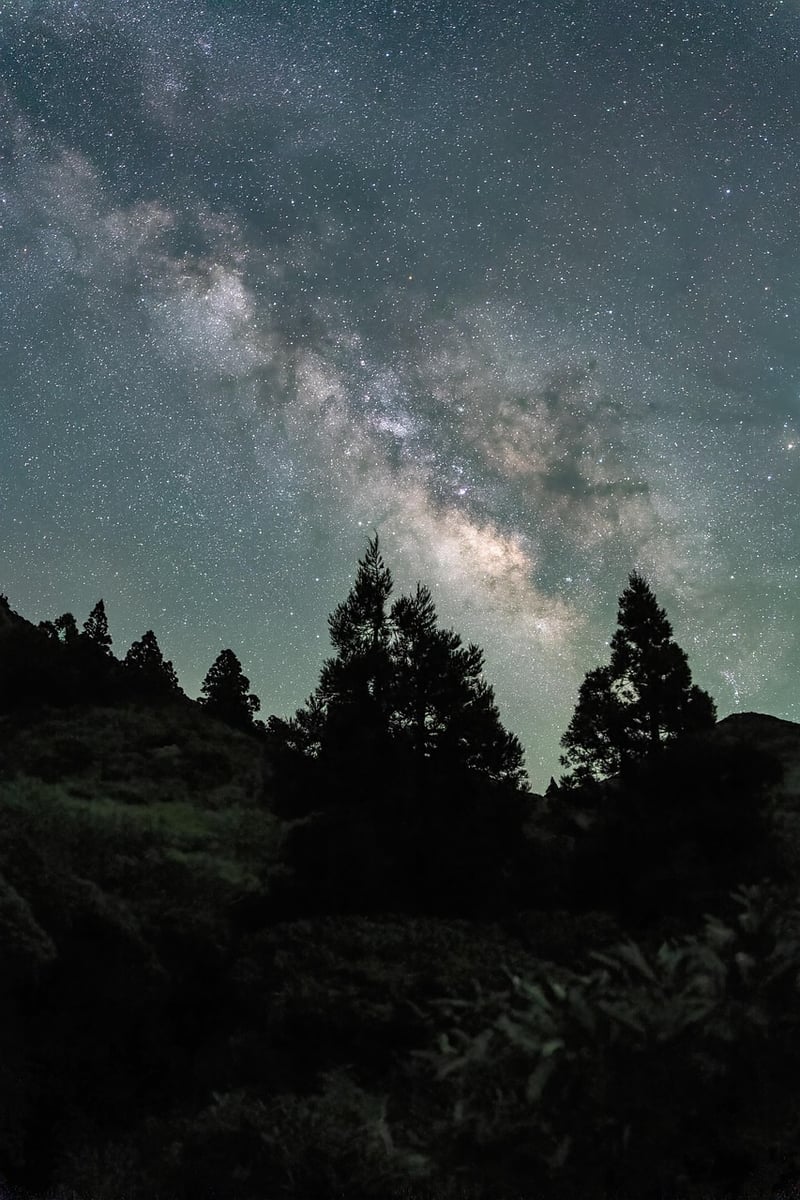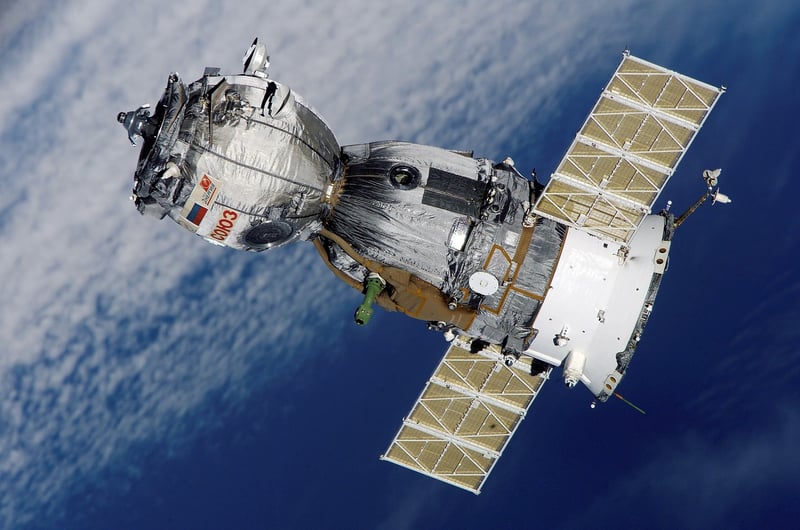Microbial Life in Space
Exploring the Possibility of Life Beyond Earth
As humans, we have always been fascinated by the idea of life beyond our planet. The question of whether life exists elsewhere in the universe has intrigued scientists, philosophers, and the general public for centuries. With advancements in technology and space exploration, we are now closer than ever to finding answers to this age-old question.
The Search for Extraterrestrial Life
From the vast expanse of the cosmos to the icy moons of Jupiter and Saturn, scientists have been scouring the universe for signs of life. The search for extraterrestrial life encompasses various methods, including studying the atmospheres of exoplanets, searching for microbial life on Mars, and exploring the subsurface oceans of moons like Enceladus and Europa.
Microbial Life in Space
One of the most exciting possibilities in the search for extraterrestrial life is the discovery of microbial life. Microbes are incredibly resilient and can survive in extreme environments that would be inhospitable to other forms of life. Scientists have found microbes thriving in the most hostile places on Earth, from deep-sea hydrothermal vents to acidic hot springs.
Extremophiles: Earth's Resilient Microbes
Extremophiles are a group of microbes that have adapted to live in extreme conditions. These organisms have broadened our understanding of the limits of life on Earth and have implications for the search for life beyond our planet. Extremophiles have been found in environments with high temperatures, high salinity, low pH, and high radiation levels.
The Potential for Life on Mars
Mars has long captured the imagination of scientists and the public as a potential habitat for microbial life. Recent discoveries, such as liquid water beneath the surface and organic molecules in Martian rocks, have fueled speculation about the existence of microbial life on the Red Planet. Future missions, including the Mars Sample Return mission, aim to bring back samples that could provide definitive evidence of past or present life on Mars.
Conclusion
While the search for extraterrestrial life is ongoing, the discovery of microbial life beyond Earth would have profound implications for our understanding of life's origins and its potential prevalence in the universe. Whether we find microbes on Mars, Europa, or elsewhere, each discovery brings us closer to answering the age-old question: are we alone in the universe?

Image source: Pixabay
